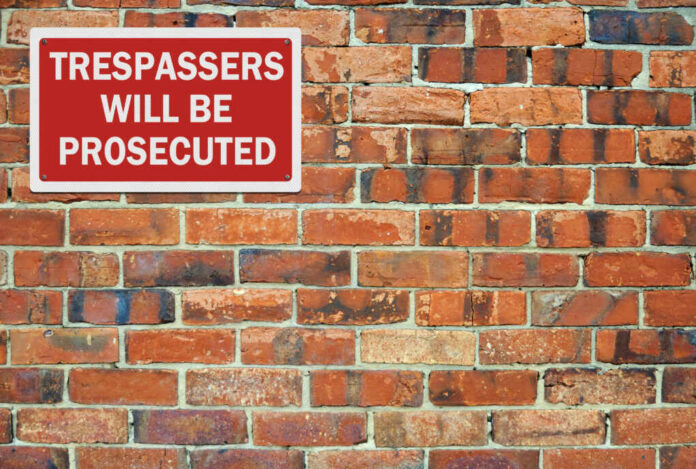
After years of rising crime and lenient policies, a Texas couple returned home to find their property invaded by squatters who trashed their house, used their belongings, and left behind meth.
Story Snapshot
- Texas homeowners discovered squatters living in their house after vacation, finding stolen food, clothes, and drugs left behind.
- Police arrested two men on felony charges including drug possession, theft, and unauthorized use of a vehicle.
- The incident exposes the risk of squatting, property crime, and drug abuse in suburban and rural communities.
- Experts warn that such crimes undermine property values, erode community trust, and highlight gaps in property rights protections.
Squatting Incident Exposes Gaps in Property Security
Connie and Joe Cases, residents of Harris County, Texas, returned from a vacation to a nightmare scenario: two men had broken into their home, consumed their food and alcohol, worn their clothes, and even used their toothbrushes. The squatters, identified as Jerry Vallade and Dustin Gamblin, left behind methamphetamine in the couple’s Jeep and throughout the house. Police responded quickly, arresting both men on multiple felony charges, but the damage—emotional and material—was already done. This incident underscores the vulnerability homeowners face, especially when away, and the brazen disregard some criminals have for private property.
Watch: A Family Goes On Vacation for 2 Weeks– What happens? – YouTube
The Harris County case is not an isolated event but rather part of a broader trend. As homelessness and drug abuse increase nationwide, incidents of squatting and property crime have surged—even in suburban and rural areas formerly considered safe. Criminals target vacant homes, exploiting gaps in security and enforcement. In this case, a relative’s vigilance and swift police action prevented further loss, but not all homeowners are as fortunate. The risks intensify during holidays or prolonged absences, making proactive security measures essential for property owners.
Couple returns from vacation to find squatters who ate their brisket, drank their alcohol, and left meth in car, police say https://t.co/9UeBY7As1N
— glen1943g (@glen1943g19726) August 9, 2025
Economic and Social Impact of Property Crime
Property crime, especially when tied to drug offenses and squatting, carries significant economic and social consequences. The financial fallout extends beyond repair costs: insurance premiums rise, and the stigma of crime can deter potential buyers, harming long-term investment. Socially, these events breed fear, distrust, and a growing demand for community policing and surveillance. Residents are compelled to invest in security upgrades and to organize neighborhood watch programs, shifting the burden of protection onto individuals rather than public authorities.
Violent and drug-related incidents cause sharper declines than property crimes alone, and homeowners bear the brunt—emotionally and financially. This dynamic is fueling calls for stronger property rights protections, robust law enforcement, and clear legal pathways for eviction and restitution. At the same time, some argue for greater investment in social services to address root causes of homelessness and addiction, but these solutions often come at the expense of immediate security for law-abiding families.
Calls for Stronger Protections and Policy Reform
Effective deterrence requires not just reactive policing but proactive measures: improved surveillance, community vigilance, and unambiguous laws that put property rights and public safety first. The Harris County incident serves as a cautionary tale for homeowners across the country. While the Cases family is restoring their property and enhancing security, the broader community must remain vigilant. Without decisive action, these crimes will continue to undermine property values, erode community confidence, and chip away at the rights that define American life.
Sources:
The impact of crime on property values: Research roundup
Crime and property values: evidence from the United States
How does crime affect property values?
2023 Property Crime Statistics for Property Managers

























